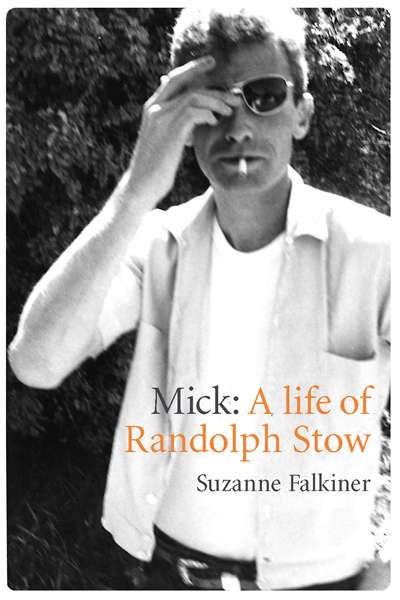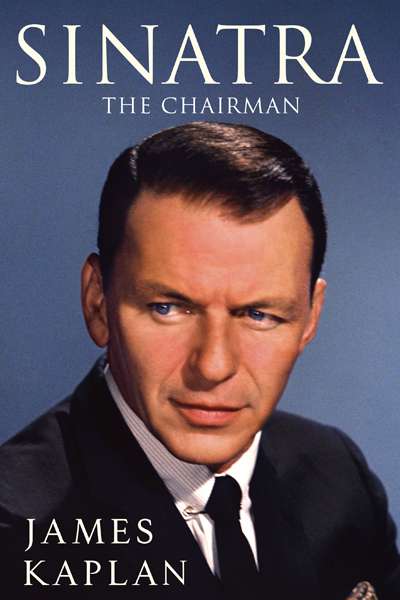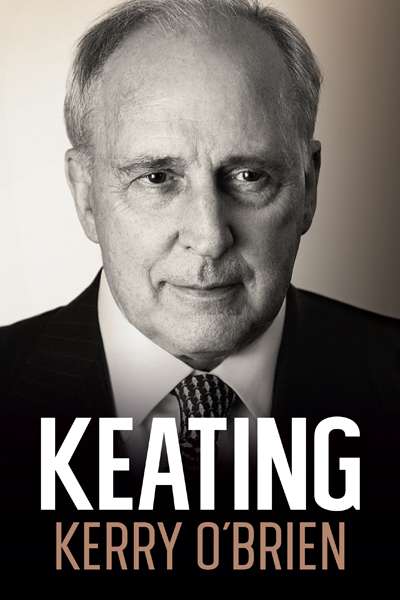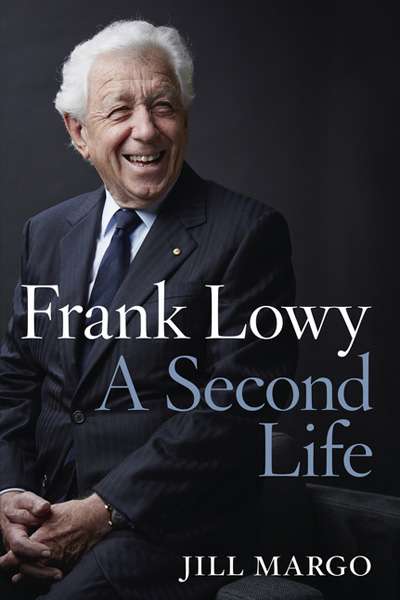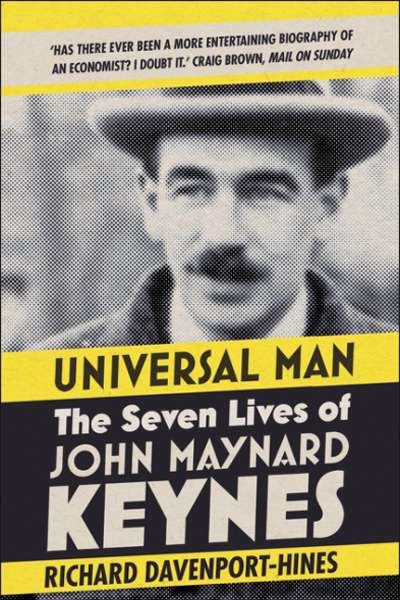Biography
Monash by Grantlee Kieza & Maestro John Monash by Tim Fischer
by John Ramsland •
Santamaria: A Most Unusual Man by Gerard Henderson
by Michael McGirr •
Ted Hughes: The Unauthorised Life by Jonathan Bate
by Michael Hofmann •
Modern Love: The Lives of John and Sunday Reed by Lesley Harding and Kendrah Morgan
by Jane Grant •
Young Eliot: From St Louis to The Waste Land by Robert Crawford
by Andrew Fuhrmann •
Universal Man: The Seven Lives of John Maynard Keynes by Richard Davenport-Hines
by Neal Blewett •

